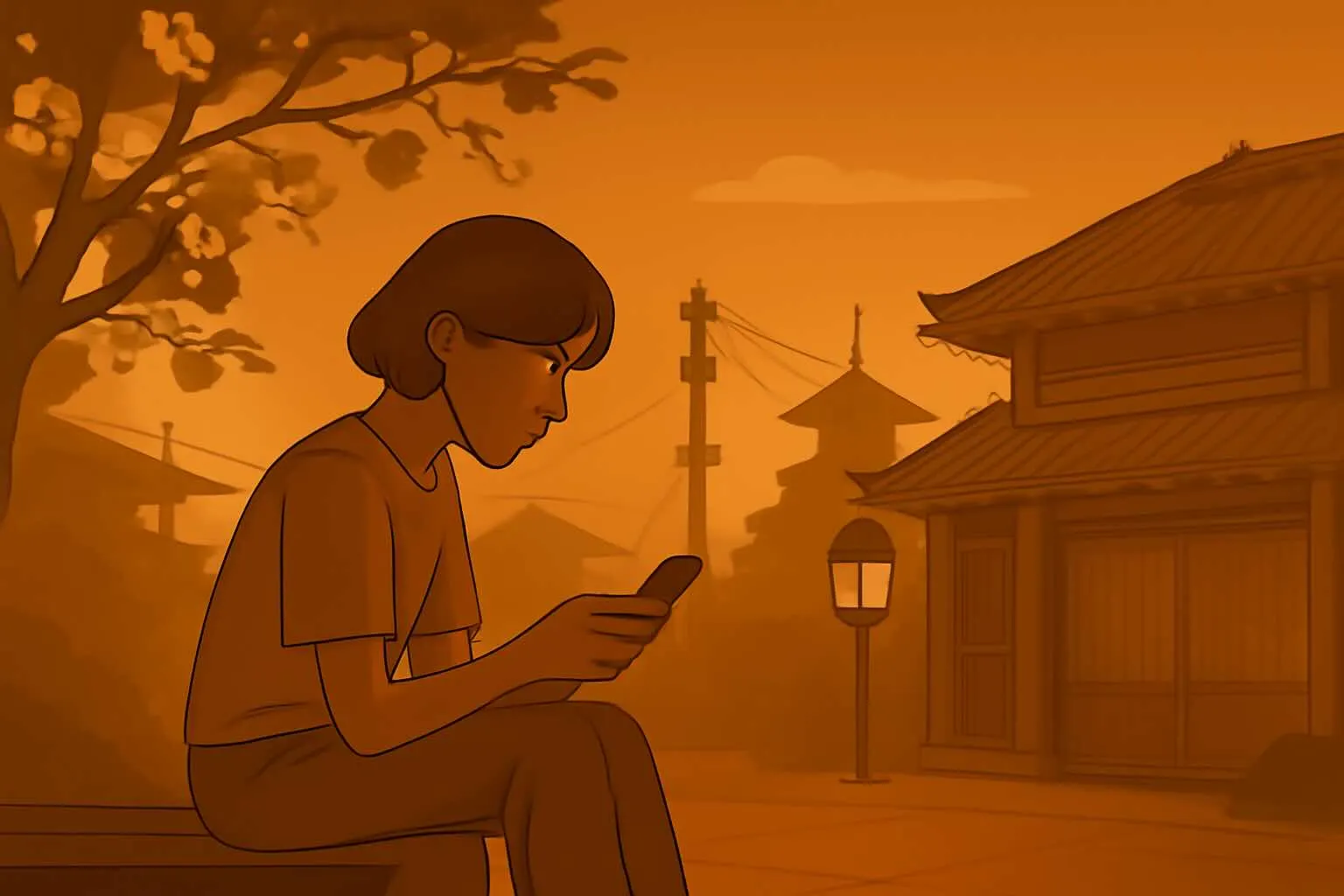The Landscape of Loneliness in Japan
Loneliness is a significant concern across Japan, affecting around 39% of the population according to government data as of 2024—a figure that has remained steady in recent years despite legislative measures and public health efforts. The problem is especially acute for working-age adults in their 30s, with 60% of men and 53% of women in this age group reporting regular loneliness. Demographic shifts are compounding the challenge: by 2050, nearly 44% of Japanese households will be single-person dwellings. This trend drives social isolation and increases the risk of dying alone, as highlighted by government reports documenting tens of thousands of such cases each year. 1 2 3
Key Drivers of Loneliness
- Bereavement of a family member: Cited by over 24% as a major factor
- Living alone and career disruptions exacerbate social isolation
- Serious health issues further cut people off from social support
- Social withdrawal (“hikikomori”): A well-documented phenomenon, with between half a million and over a million people affected across various age groups 4 5 6
Cultural expectations of group behavior often make it difficult to express vulnerability or seek help, which contributes to severe, sometimes chronic, isolation—particularly in cases of hikikomori. 7
Digital Solutions for a Growing Problem
Traditional mental health services in Japan are often difficult to access due to stigma, logistical barriers, and a lack of resources. However, digital mental health solutions have begun to fill the gap: 8
- Digital apps and online platforms now provide preventative care, real-time feedback, and even triage for those in need. 9
- Surveys show that younger adults and employees are increasingly turning to digital mental health support services, both privately and through their employers. 10
- Market forecasts predict rapid growth for the Japanese digital mental health sector, with usage and adoption expanding nationwide.
Noah: Confidential, Always-On Support
Noah AI Therapy App provides a nonjudgmental, private space for Japanese users to share their feelings and get support—anytime, anywhere. Noah is available in English and is expanding its language options. Its 24/7 accessibility means that, unlike traditional services, users are never alone, even in the late-night hours when loneliness and anxiety can feel overwhelming.
Real Impact from Users
“Noah has truly been significant for me... I can’t even put into words how much the app has helped.”
Users describe Noah as an “impressive” and “essential lifeline.” These digital tools complement government and community initiatives, offering private support regardless of social stigma or time of day.
Frequently Asked Questions
Q: How common is loneliness in Japan?
A: Around 39% of Japanese people report feeling lonely at least occasionally, with higher rates among young adults and single-person households. 11
Q: What is hikikomori, and how does it relate to loneliness?
A: Hikikomori refers to severe social withdrawal and isolation, affecting over a million people in Japan. It is associated with depression, anxiety, and can impact people of all ages.
Q: How does Noah support people struggling with loneliness in Japan?
A: Noah offers immediate access to nonjudgmental support, 24/7, via confidential digital chat in English and expanding languages, with strict privacy protections.
Q: Are digital mental health apps effective in Japan?
A: Yes, research and government surveys show that digital apps are increasingly used and valued for mental health support, especially among younger adults and employees.







